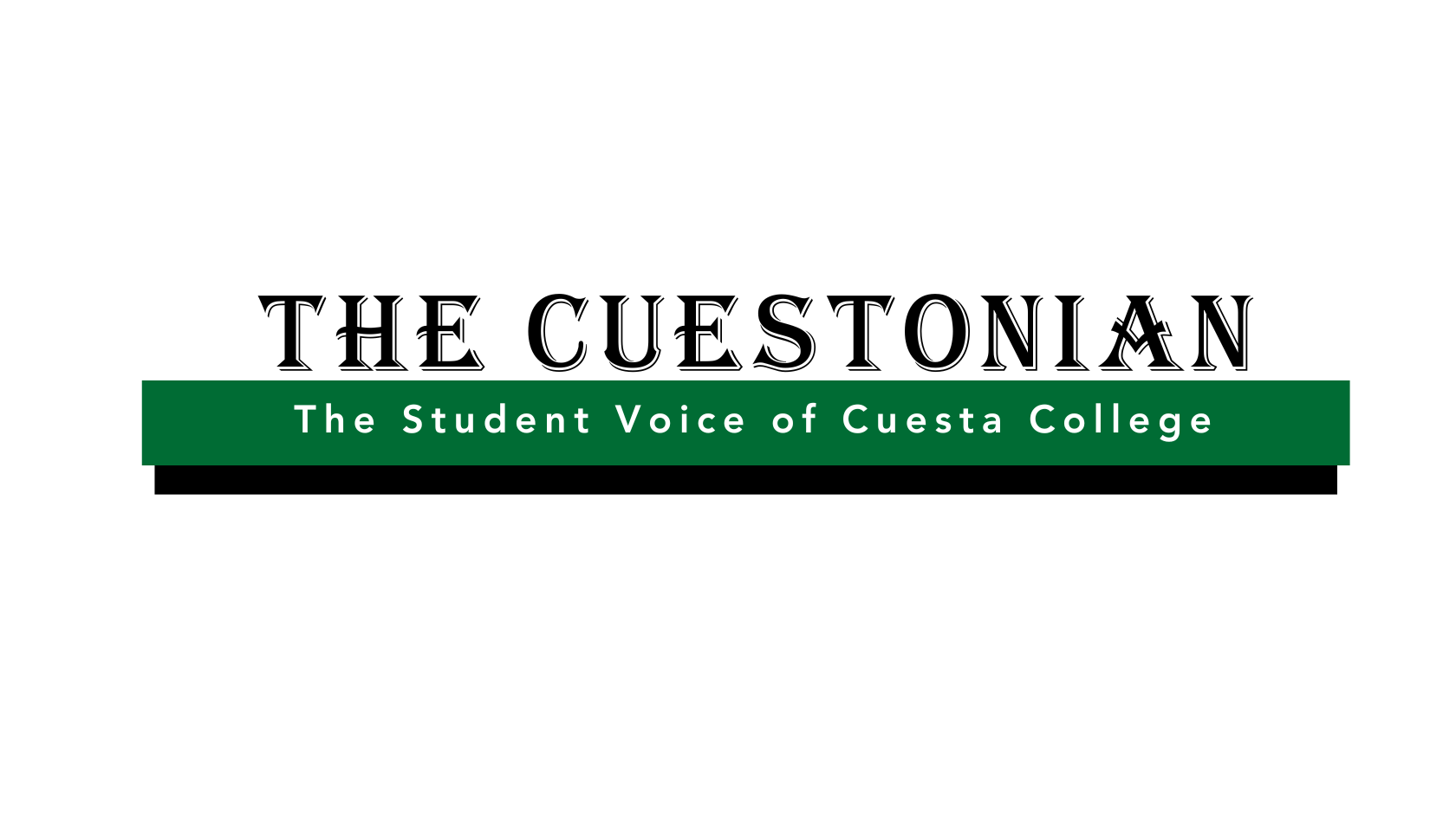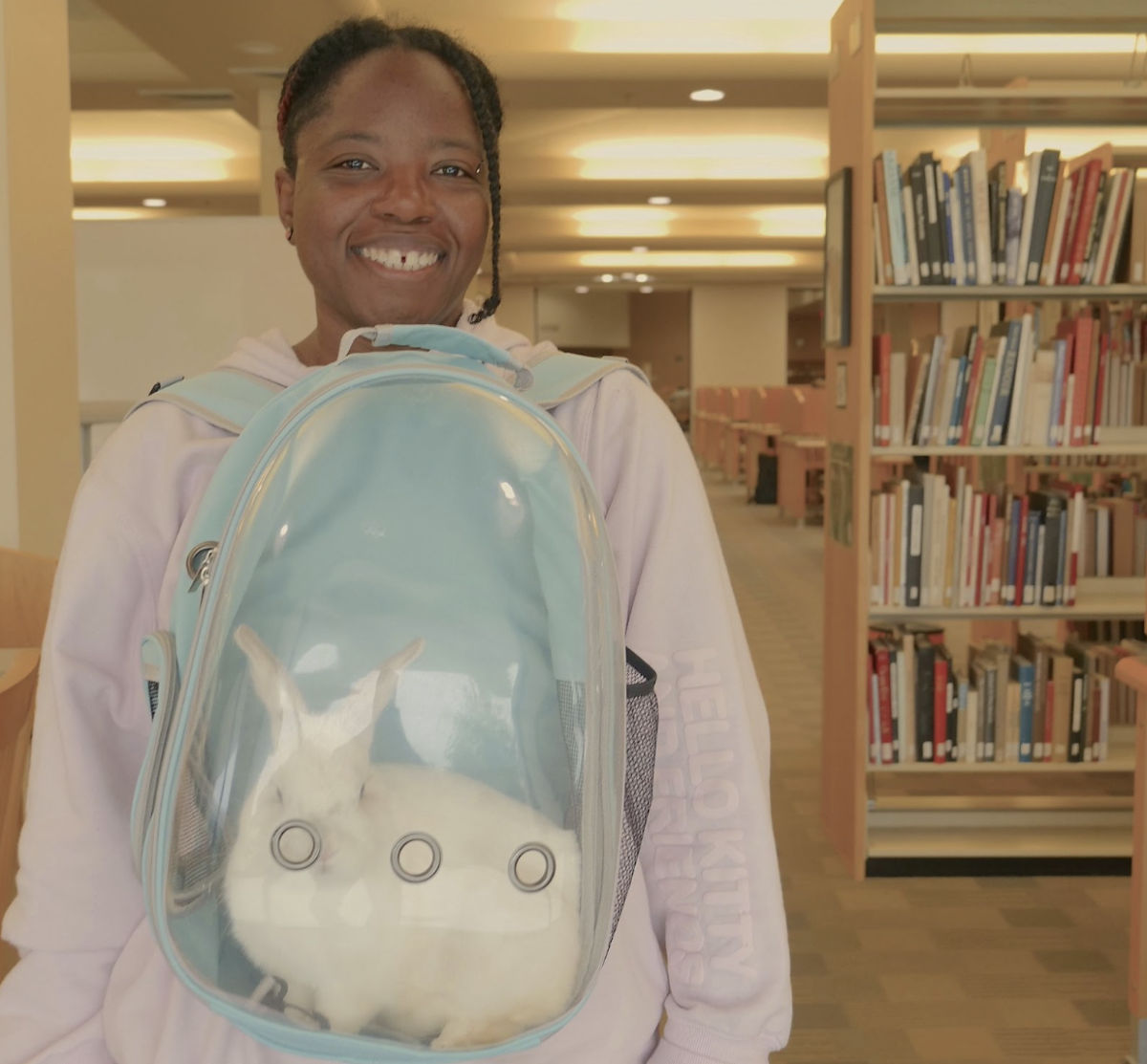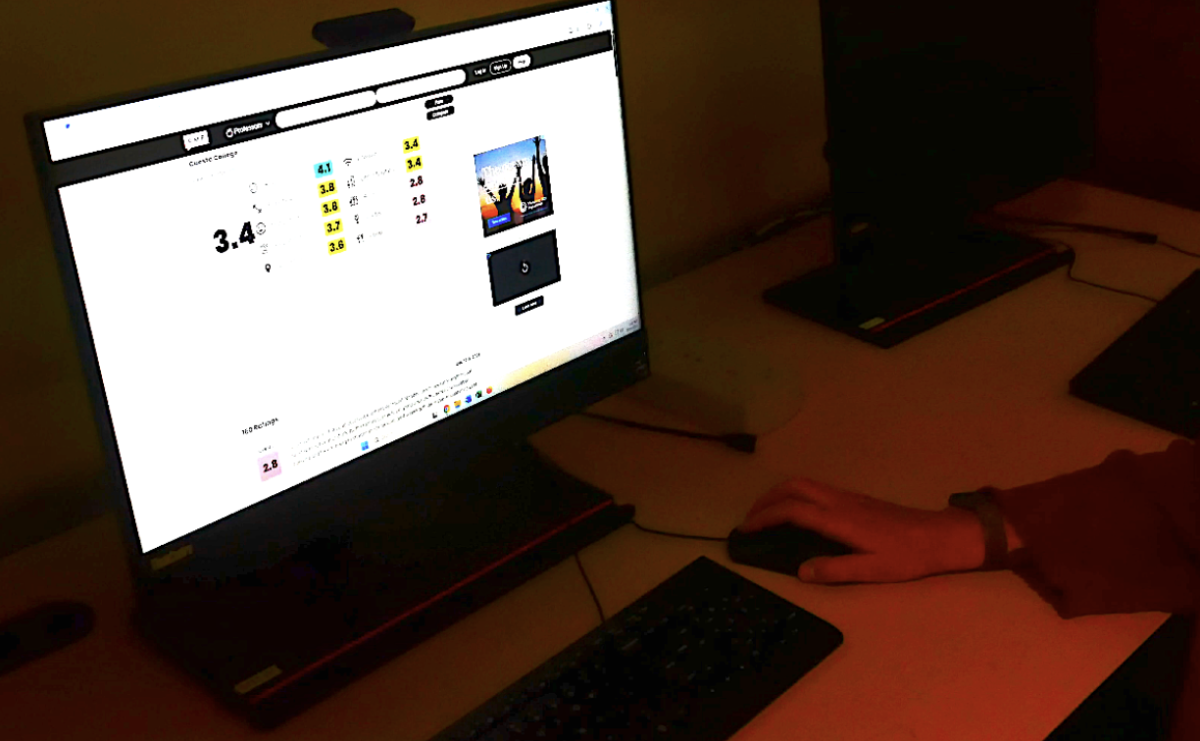Cuesta College History Instructor Billy Keniston recently wrote a book about South African apartheid and the activist movements that assisted in eventually bringing that system to its end. Titled “Apartheid Spies and the Revolutionary Underground,” his book was published on Nov. 1, 2024.
The story centers around the bombing assassinations of Jeanette Schoon, 36, and her four-year-old daughter Katryn on June 28, 1984 in Lubango, Angola. It explores the decades-long anti-apartheid movement in South Africa and its tumultuous political history, which included an extrajudicial policy of issuing banning orders.
“This unique form of repression that they had in South Africa was called a banning order, where they block you basically from public life for five years,” Keniston said.
In 1977, while under banning orders from the apartheid government, Schoon and her husband fled South Africa to avoid arrest. Their lives in exile eventually led them to Angola.
Two South African security police officers, Craig Williamson and Jerry Raven, would eventually confess to manufacturing the bomb and mailing it to the Schoon’s apartment, where it exploded and killed Schoon and her young daughter. Williamson had been working for the South African government for years as a spy, posing as the Schoon’s comrade in anti-apartheid movements in order to gain intelligence.
Keniston’s interest in apartheid struggles began at a young age. His uncle was a strong influence, piquing his curiosity about social issues.
“I was very inspired by my mother’s brother, my uncle, who was a historian that was really focused on white people’s role in ending racism,” Keniston said. “He was very focused on the United States and seeing black people’s struggles for freedom in this country as ‘the engine of social transformation’ — that would be his phrase.”
Keniston’s education and doctoral research eventually led him to South Africa.
“South Africa has got a really deep history of white supremacy and racism in various ways, but it’s also a place where they’ve had a very clear rupture,” Keniston said. “It’s been only 30 years now that they’ve had a genuine democracy where every person has the right to vote and they have a new constitution, new national anthem, new flag, and they’ve declared everything that came before as a crime against humanity. And so I was interested in seeing what it’s like to live in a place where they’ve had that kind of rupture and that kind of change.”
Nelson Mandela, who received the 1993 Nobel Peace Prize, was the first democratically-elected president of post-apartheid South Africa in 1994. Mandela famously once said, “Education is the most powerful weapon which you can use to change the world.”
“Apartheid Spies and the Revolutionary Underground” is available for purchase at most major book retail outlets.










Jean Leigh • Jan 23, 2025 at 11:45 am
This book sounds amazing. I’m going to get myself a copy today!